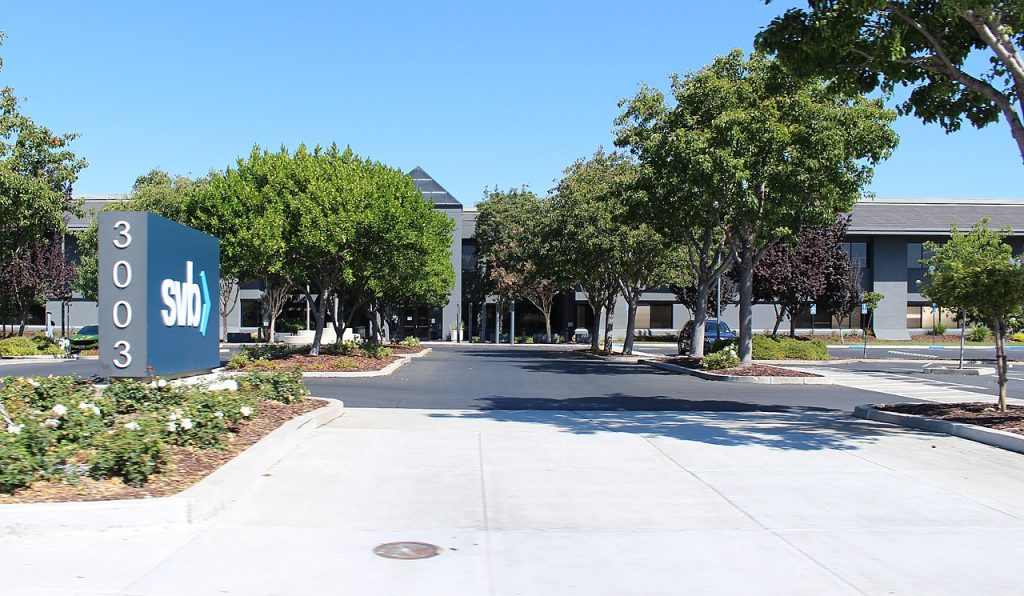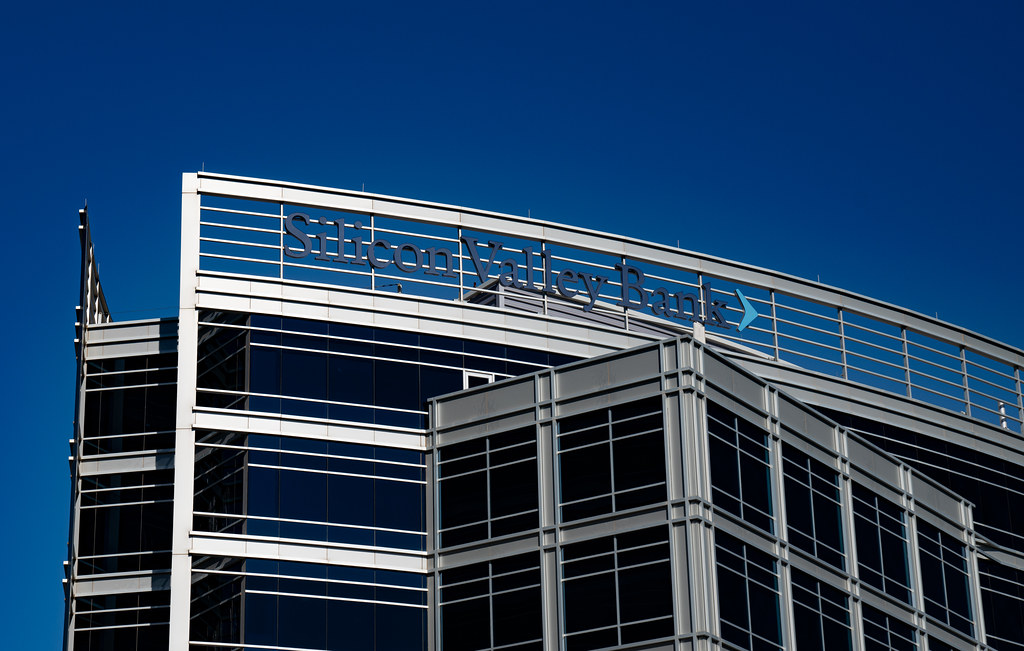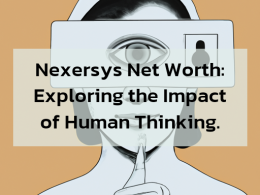All eyes are on America as the solution to the myriad issues the global economy is currently experiencing.
This month, there were two bank collapses in the US, which has stoked concerns about the stability of the financial system.

The global economy has been rocked by a rapid spike in borrowing costs, driven by the US, which has sparked concerns about a painful downturn known as a recession.
The US central bank is at the epicenter of the crisis.
Federal Reserve officials have been leading the charge to hike interest rates since last year as they struggle to control price increases that are driving up the cost of living.
Can that campaign continue as economic threats increase?
Just two weeks ago, Chairman Jerome Powell issued a warning, citing fears that the stabilization of prices was stagnating, that the bank might need to hike interest rates higher and quicker than anticipated.
In the year leading up to February, price growth was 6%, which is significantly higher than the 2% rate generally seen as healthy.
Yet, many investors believe the Fed will be especially eager to avoid shocking financial markets with a significant increase in light of the current banking upheaval.
Several analysts predict that officials will hike interest rates by 0.25 percentage points or even refrain from raising them at all.
Despite the choice, Mr. Powell is in a tough spot and has little hope of appeasing his numerous detractors.
Ryan Sweet, chief economist at Oxford Economics, predicts a 0.25 percentage point increase and thinks that this is likely the Fed’s most difficult choice in a while.
In order to persuade investors that the central bank can still hike rates to fight inflation on the one hand while using other tools to manage stress in the financial system on the other, Mr. Powell will “had to play the two-handed economist flawlessly,” according to him.
“Communication will be the biggest problem, and the Fed doesn’t exactly have a stellar track record.”
After making the infamous claim that the price increases that began to affect America in 2021 were “transitory,” Mr. Powell, a lawyer who was chosen by former President Donald Trump to run the Fed, already had work to do to regain trust.
The bank failures have increased the scrutiny, brought the costs of the rapid rate increase campaign into focus, and raised concerns about whether the Federal Reserve had exercised too little control over its oversight.
Progressive Democrat Senator Elizabeth Warren, who has long criticized Mr. Powell’s reaction to inflation, has charged him with being in charge of an “astonishing catalogue of failings,” including poor monitoring.
She stated this past week that she didn’t believe he should keep his position.
The criticism of Mr. Powell has also increased on Wall Street and in Silicon Valley, despite the fact that the justifications are different.
“Six months earlier, the Fed ought to have responded to inflation by raising interest rates gradually. Instead, they slammed on the brakes, and the result is a collision “After the bank failures, venture capitalist David Sacks posted on Twitter.
The White House this week released a statement reiterating US President Joe Biden’s “confidence” in Mr. Powell in the face of growing outrage.
According to Mr. Sweet, such an unusual action is a precursor to a more divisive turn in politics.
Mr. Sweet added, “I think they’re a lot more eager to criticize and point the finger on both sides.
The Federal Reserve increased its key rate, which is what it costs banks to borrow money, over the past year from nearly zero to more than 4.5%, which is the highest level since 2007.
But, despite a significant slowdown in the housing market and difficulties in the tech sector, where low borrowing costs had helped fuel development, solid hiring has helped the economy hold up better than many had anticipated.
Nonetheless, Mr. Sweet said, the latest banking crisis is likely to cause the US economy to enter a recession sooner than anticipated, and there is little question that Mr. Powell is under more pressure.
All eyes are on the Federal Reserve whenever there is a financial system crisis.












